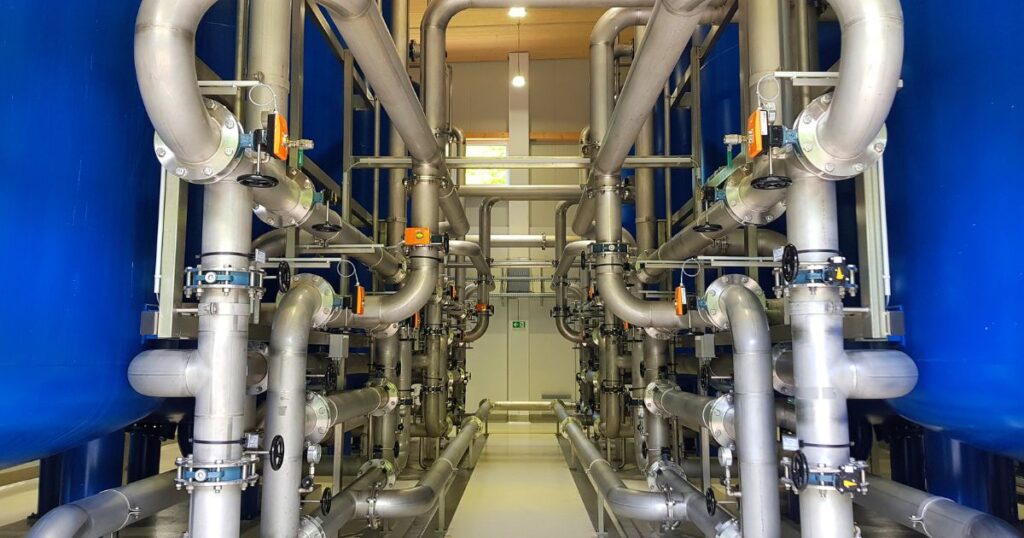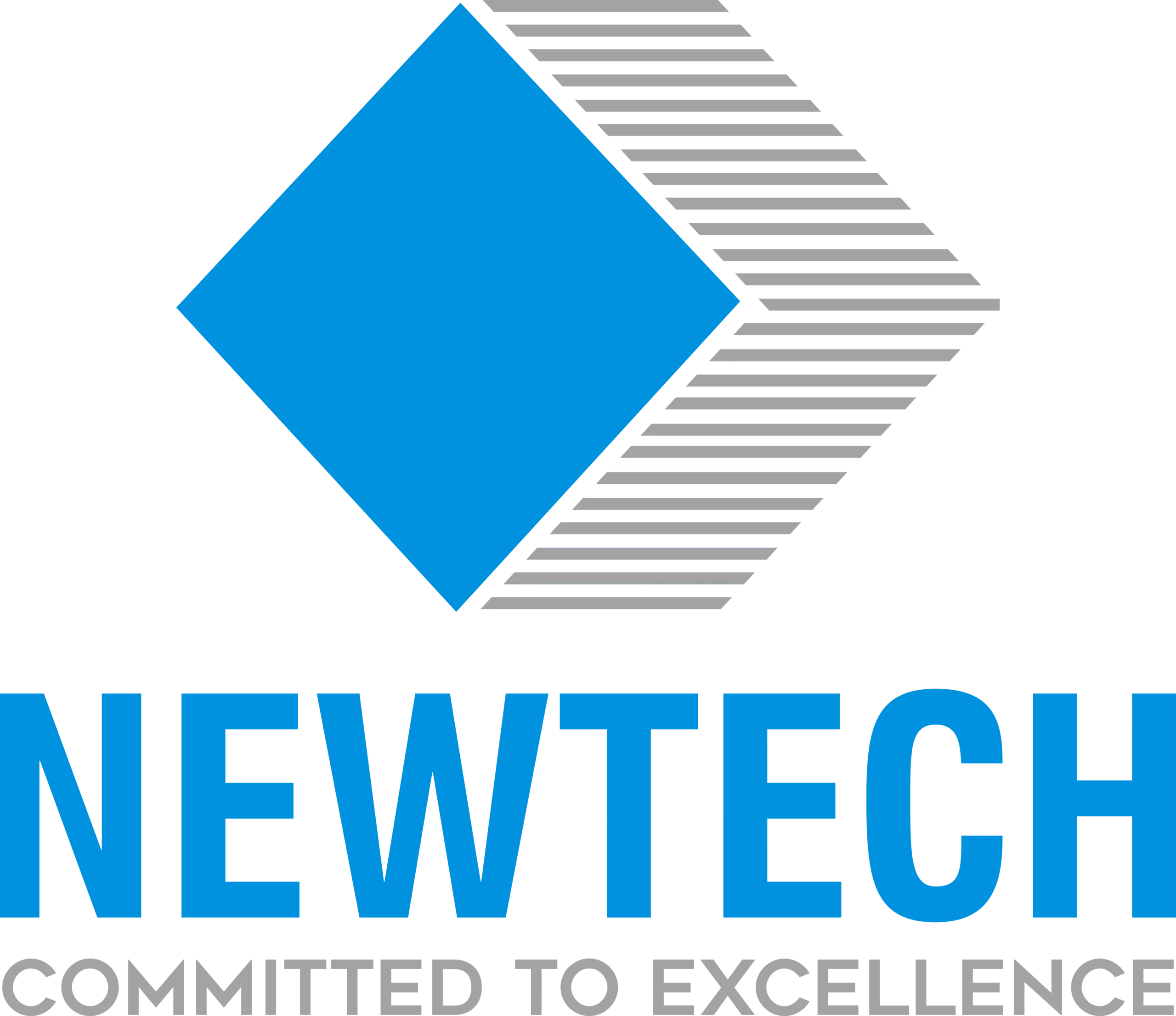Supplying clean and safe drinking water is a challenge faced by every growing city. In Lahore and Islamabad, urban expansion, population growth, and outdated water infrastructure have made it essential to adopt modern piping solutions. One of the most effective options available today is HDPE drinking water piping. But why are cities, industries, and households shifting to HDPE, and how does it impact water quality and supply efficiency?
What Makes HDPE Pipes Ideal for Drinking Water Supply?
HDPE pipes have revolutionized the water supply industry due to their strength, flexibility, and safety. Unlike traditional metal or concrete pipes, HDPE does not corrode, rust, or allow contaminants to seep into the water. Its smooth inner surface reduces friction, maintaining consistent water pressure while minimizing bacterial growth. For cities like Lahore and Islamabad — where water contamination has been a recurring issue — HDPE offers a cleaner, safer, and longer-lasting solution.
[showdpt instance=”4″]
Why Are Lahore and Islamabad Adopting HDPE for Drinking Water?
Both Lahore and Islamabad are rapidly expanding. The demand for durable, low-maintenance water supply systems is higher than ever. Municipal authorities, private developers, and even individual homeowners are turning to HDPE because:
- It withstands high pressure, making it suitable for both municipal supply lines and domestic plumbing.
- It is resistant to chemical reactions, keeping water taste and odor-free.
- It is lightweight yet strong, making installation easier and faster.
- It has a lifespan of over 50 years, reducing long-term maintenance costs.
The adoption is also fueled by increased awareness among residents about water safety and hygiene.
How Do HDPE Pipes Improve Water Safety in Urban Areas?
Water contamination can occur when old pipes crack or rust, allowing bacteria and harmful particles to enter the supply. HDPE eliminates this risk by offering a sealed, leak-proof system. Additionally:
- HDPE joints are heat-fused, creating a solid connection without gaps.
- It non-reactive material ensure water remains free from metallic or chemical residues.
- The smooth bore prevents sediment buildup, which often causes contamination in older piping systems.
For hospitals, schools, and residential complexes in Lahore and Islamabad, this means fewer health risks and cleaner water year-round.
What Sizes and Types of HDPE Drinking Water Pipes Are Available in Lahore and Islamabad?
Manufacturers and suppliers in Lahore and Islamabad offer a range of diameters, pressure ratings, and coil lengths to suit different needs:
- Small diameters (20mm–63mm) – Ideal for residential water connections.
- Medium diameters (75mm–250mm) – Suitable for housing societies and commercial complexes.
- Large diameters (above 250mm) – Used for municipal and industrial water supply networks.
- Pressure ratings – PN6, PN10, PN16, PN20 depending on the required water flow and pressure.
The variety ensures that HDPE can be tailored to any scale of project — from a single home to a citywide network.
Who Are the Leading HDPE Drinking Water Pipe Suppliers in Lahore and Islamabad?
Several reputable suppliers cater to the needs of both cities, including:
Newtech Pipes – Known for producing PSQCA-certified HDPE pipes for safe drinking water applications.
Adamjee Dura Built – Offers a wide range of HDPE pipes suitable for municipal projects.
Popular Pipes Group – Established brand supplying across Punjab and Islamabad with strong after-sales service.
Hilal Pipes – Specializes in advanced HDPE manufacturing with quality testing facilities.
Choosing a reliable supplier is key to ensuring that the pipes meet safety and durability standards.
How Does the Installation Process Affect Pipe Performance?
Even the best-quality HDPE pipe can fail if not installed properly. In Lahore and Islamabad, professional installation teams follow specific steps:
Site assessment – Understanding terrain and pressure requirements.
Pipe fusion welding – Heat fusion ensures strong, leak-proof joints.
Pressure testing – Pipes are tested before commissioning to prevent early failures.
Proper bedding – Pipes are laid with protective layers to avoid damage from external forces.
Skilled installation can extend the pipe’s service life and maintain water purity.
What Is the Price Range for HDPE Drinking Water Piping in Lahore and Islamabad?
Prices depend on diameter, pressure rating, and brand. On average:
Small household connections – PKR 150–400 per meter.
Medium commercial lines – PKR 500–1,500 per meter.
Large municipal pipelines – PKR 1,500–3,500+ per meter.
Bulk purchases for large projects can significantly reduce costs, and many suppliers offer installation packages.
How Do HDPE Pipes Contribute to Sustainable Water Management?
HDPE is not only a safe choice but also an environmentally responsible one. Its long lifespan reduces the need for frequent replacements, minimizing waste. Moreover:
- It is fully recyclable at the end of its service life.
- Leak-free joints help conserve water in cities already facing shortages.
- Lower maintenance means reduced energy consumption in repair works.
For Lahore and Islamabad, where water conservation is becoming critical, HDPE piping supports both health and sustainability goals.
Can HDPE Drinking Water Pipes Handle the Weather Conditions of Lahore and Islamabad?
Yes. HDPE is known for its resilience in extreme climates:
- In Lahore, it withstands high summer temperatures without warping.
- In Islamabad, it remains flexible during cold winters without cracking.
- It resists UV radiation, making it suitable for above-ground applications as well.
- This year-round durability is one reason municipalities are replacing outdated systems with HDPE.
Final Thoughts
The shift towards HDPE drinking water piping in Lahore and Islamabad is more than just a technological upgrade — it’s a public health investment. With superior safety, durability, and cost-effectiveness, HDPE ensures that clean water reaches homes, schools, and businesses without contamination. As urban populations grow and water resources face increasing pressure, choosing the right piping system becomes essential for sustainable development.
Frequently Asked Questions (FAQs)
1. How long do HDPE drinking water pipes last in Lahore and Islamabad?
They typically last over 50 years with proper installation and maintenance.
2. Are HDPE pipes safe for human consumption?
Yes. HDPE is made from food-grade material and does not release harmful chemicals into water.
3. Can HDPE pipes be repaired if damaged?
Yes. Heat fusion techniques allow quick and reliable repairs without affecting water safety.
4. Are HDPE pipes suitable for both underground and above-ground use?
Absolutely. They resist both underground pressure and above-ground UV exposure.
5. Do HDPE pipes require special maintenance?
They require minimal maintenance, mainly occasional inspections for physical damage.


